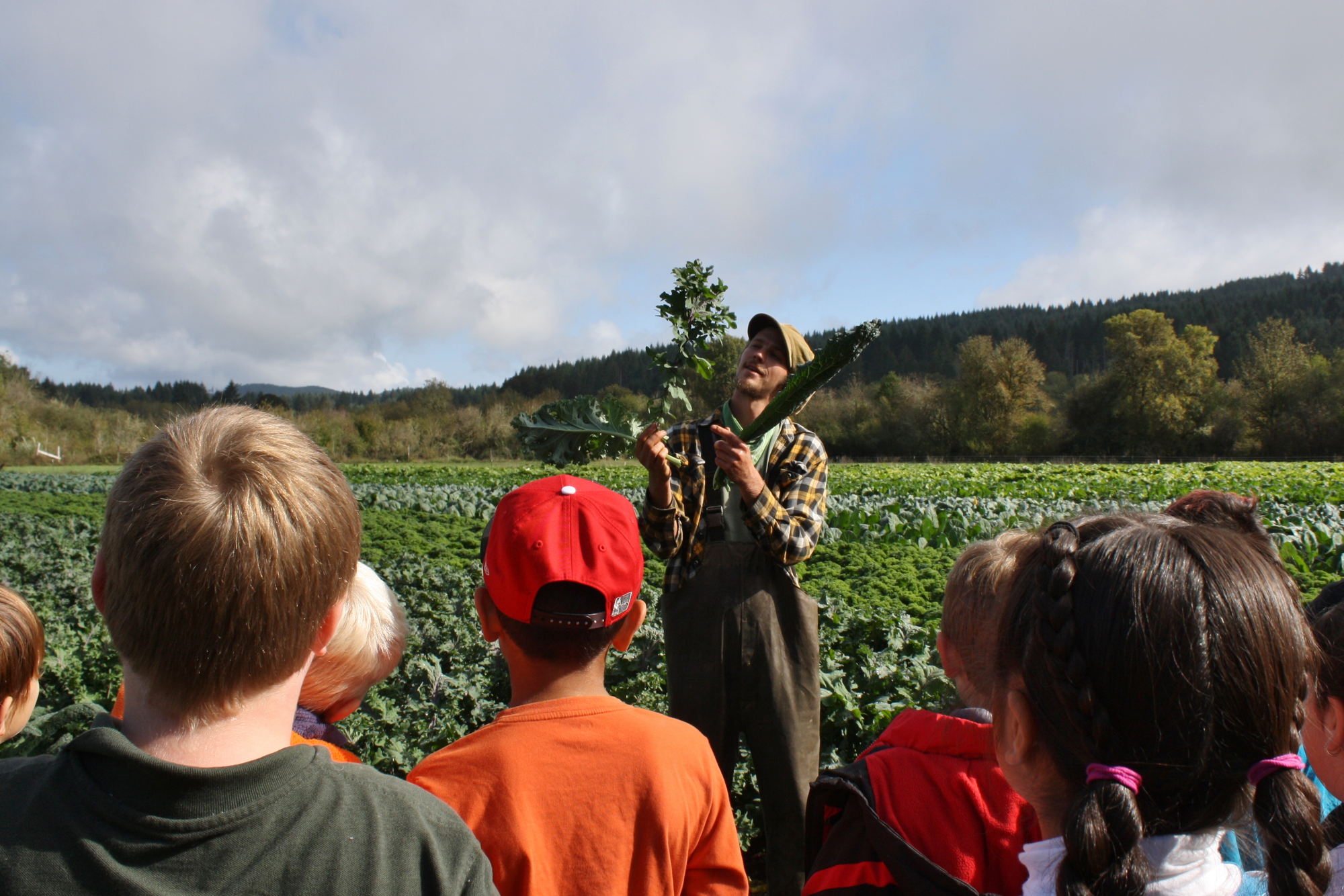What is the Farm Bill? Updates For 2023
Here’s what you need to know about how the new Farm Bill will affect kids, schools, and communities.
Here’s what you need to know about how the new Farm Bill will affect kids, schools, and communities.

With this new year comes a new Congress—the 118th, to be exact. It’s also the year legislators must update the Farm Bill. What does this mean, exactly?
The “Farm Bill” refers to a package of legislation overseeing a wide array of food and agricultural programs. The last Farm Bill was passed in 2018 and is set to expire this September, setting it up to be a major priority for Congress this year.
The Farm Bill can be overwhelming to understand, but it’s also relevant to every single person in the country and especially to kids who rely on schools for their daily nutrition. Here are three important things to know about the Farm Bill and what’s to come in this crucial legislative year.
Let’s get more granular about what goes into the Farm Bill. The Farm Bill is what’s known as an omnibus bill package—a single proposal that contains many smaller measures—and it passes approximately every five years. Drafted by the Senate Committee on Agriculture, Nutrition, and Forestry and the House Committee on Agriculture, it is the most important legislative vehicle through which the USDA enacts policy change.
The 2018 Farm Bill is set to expire this September. Also expiring is $428 billion worth of programming—nearly 80% of which is allotted for nutrition assistance via the Supplemental Nutrition Assistance Program (SNAP, formerly known as food stamps), and including other programs related to school meals and child nutrition.
Policies enacted via the Farm Bill are also critical in creating a healthy and sustainable school meal supply chain, a key goal in FoodCorps’ policy vision. And these supply chains have a major effect on the foods that schools can offer students. This means…
FoodCorps is working toward an ambitious goal: that by 2030, every child has access to food education and nourishing food in school. This means we’re deeply invested in the Farm Bill, which has significant impacts on school meals.
Many kids are eligible for free school meals because their family already participates in SNAP. This process is called direct certification, and it eliminates burdensome paperwork and automatically ensures kids who receive SNAP at home are eligible to receive free meals during the school day. A reduction in SNAP eligibility could mean fewer students qualifying to receive school meals, a critical program that ensures kids are nourished and ready to learn.
The Farm Bill can also help build stronger connections between farmers and school nutrition programs. For example, we support legislation that would make it easier for schools to source locally grown, locally raised, and locally caught food and farm products for their meal programs, as these local products are often more nutritious and benefit local economies. In fact, during the pandemic, some FoodCorps school district partners shared that they were able to avoid many food-related supply chain challenges by working with local vendors and producers.
Lawmakers are still in the early stages of developing the Farm Bill, and we don’t know yet exactly what the legislation will look like or what will be included. (We’ll update you when we do!) But one thing is for sure: with slim margins in each chamber of Congress, the success of the Farm Bill depends on bipartisan cooperation and support.
The Farm Bill is a major investment in our farmers, our food system, and our kids. Ensuring our children are nourished and thriving is a bipartisan issue, and FoodCorps will continue to work with policymakers to pass a bipartisan Farm Bill that supports a resilient supply chain and prioritizes the well-being of our nation’s kids.
Want to learn more? Join our mailing list for regular policy updates and action alerts.

The Policy Brief: 2025 State Policy Updates

Alumni Spotlight: Cady Molloy, School District Executive Chef

6 Careers in Food That Make a Difference